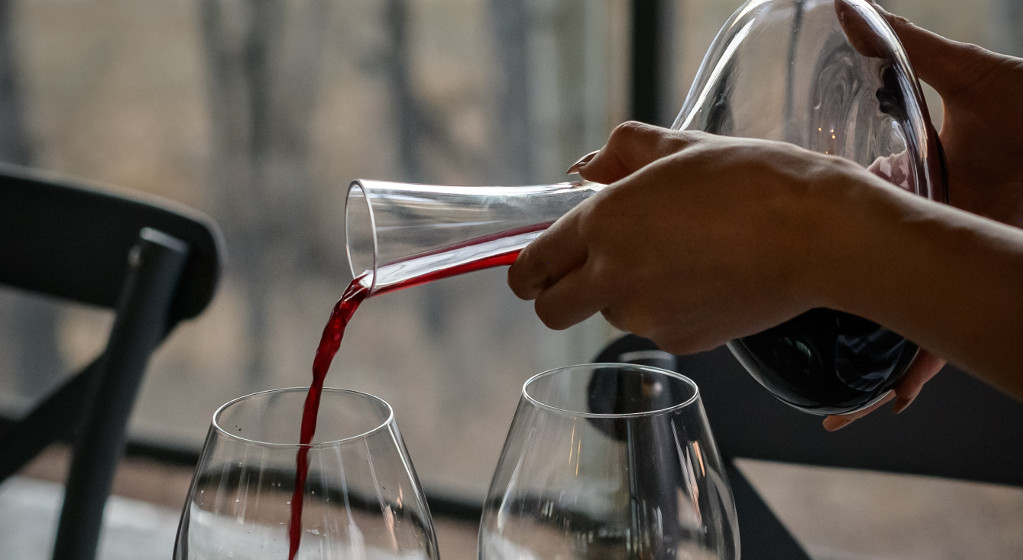To decant, or not to decant, that is the question.
A lot has been written about this topic and there’s been lots of conversations over the years. To keep things simple, here are two main reasons why one might choose to decant wine:
- Some wines can benefit from decanting to help them “breathe. These may be wines that are “closed”, as in not having much aroma. Similarly, this includes wines that have a slightly stinky smell or have very astringent tannins. Decant such wines aggressively and shake them up a bit to introduce air into the wine, so the wine’s aroma molecules evaporate and become more smellable. This is also why people swirl their wine glasses; the intention is to aerate the wine so it releases more aromas. This oxygenation process also affects the wine’s tannins and contributes to a smoother mouthfeel.
- Some mature wines need to be decanted to remove sediment that has formed in the bottle over time. Sediment is harmless, but it makes the wine look murky and feels gritty on the palate. When decanting an older wine with sediment, pour the wine gently into the decanter. You want to pour only the clear wine and leave the sediment behind. If the wine is very old, the aromas can dissipate quickly, so these wines don’t need to aerate like a young or closed wine. They can be enjoyed soon after decanting.
Do you have questions about wine, beer or spirits that you’d like us to answer? Send your questions to online@bishopscellar.com to be featured in a future segment!
Image description: Two hands pour red wine from a decanter into two waiting glasses.

